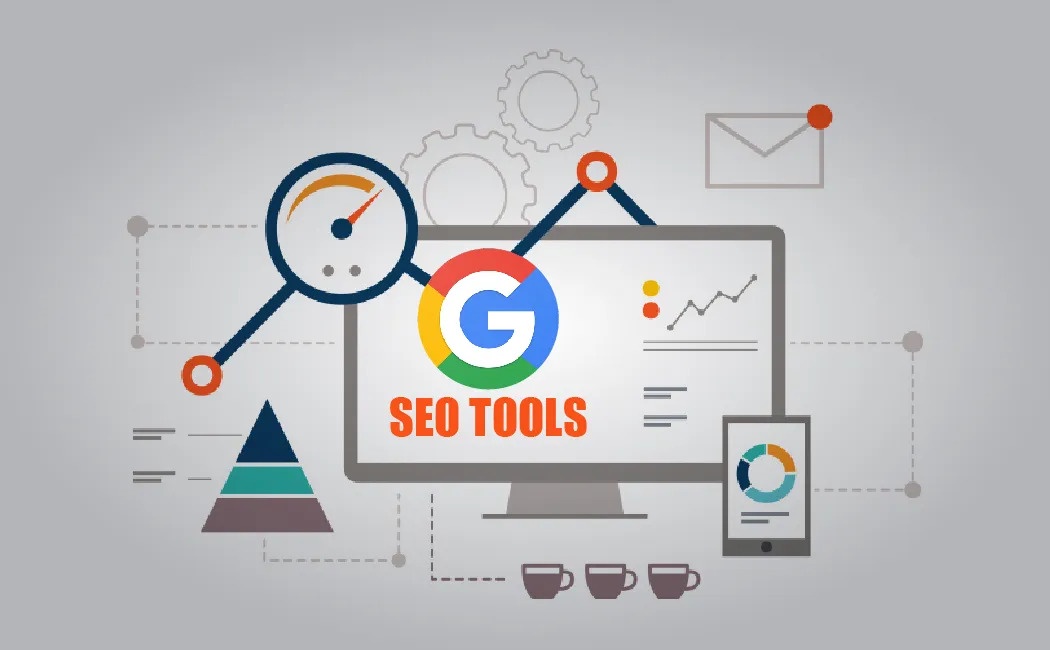In the realm of digital marketing, understanding the metrics provided by SEO analysis tools is crucial for gauging the performance and effectiveness of your website's search engine optimization efforts. This article delves into the significance of key SEO metrics such as domain authority, page authority, and keyword ranking, deciphering their meanings and explaining how they impact your website's overall performance.
1. Domain Authority (DA)
Definition: Domain Authority is a metric developed by Moz that predicts how well a website will rank on search engine results pages (SERPs). It's measured on a scale of 1 to 100, with higher scores indicating a stronger likelihood of ranking higher.
Significance: A high Domain Authority suggests that your website is authoritative and credible within its niche. It's influenced by factors such as the number and quality of backlinks pointing to your site.
Impact: Websites with higher Domain Authority are more likely to rank well for competitive keywords and attract organic traffic. Building high-quality backlinks and consistently delivering valuable content can help improve your Domain Authority over time.
2. Page Authority (PA)
Definition: Page Authority, also developed by Moz, is similar to Domain Authority but focuses on the authority of individual pages within a website.
Significance: Page Authority helps you understand the strength of specific pages in relation to search engine rankings. It's influenced by factors such as backlinks, content quality, and user engagement.
Impact: Pages with higher Page Authority are more likely to rank higher for their targeted keywords. Optimizing individual pages for relevant keywords and acquiring quality backlinks can contribute to increasing Page Authority.
3. Keyword Ranking
Definition: Keyword ranking refers to the position of your website's pages in search engine results for specific keywords or phrases.
Significance: Keyword ranking indicates how well your website is optimized for targeted keywords. Higher rankings lead to increased visibility and organic traffic.
Impact: Improved keyword ranking can result in more organic traffic, which often translates to higher engagement and conversions. Regularly monitoring keyword rankings and optimizing your content can help you maintain or improve your rankings.
4. Organic Click-Through Rate (CTR)
Definition: Organic CTR measures the percentage of users who click on your website's link after seeing it in search results.
Significance: A higher organic CTR suggests that your content is relevant and appealing to users. It can also influence search engines' perception of your content's quality.
Impact: A higher organic CTR can lead to more traffic and improved rankings. Crafting compelling meta titles and descriptions can help increase your organic CTR.
In conclusion, decoding and understanding SEO metrics is essential for making informed decisions about your website's optimization strategy. Domain Authority, Page Authority, keyword ranking, and organic CTR are just a few metrics that provide insights into your website's performance and visibility in search results. By focusing on improving these metrics through strategic SEO efforts, you can enhance your website's online presence and achieve your digital marketing goals.


No comments yet